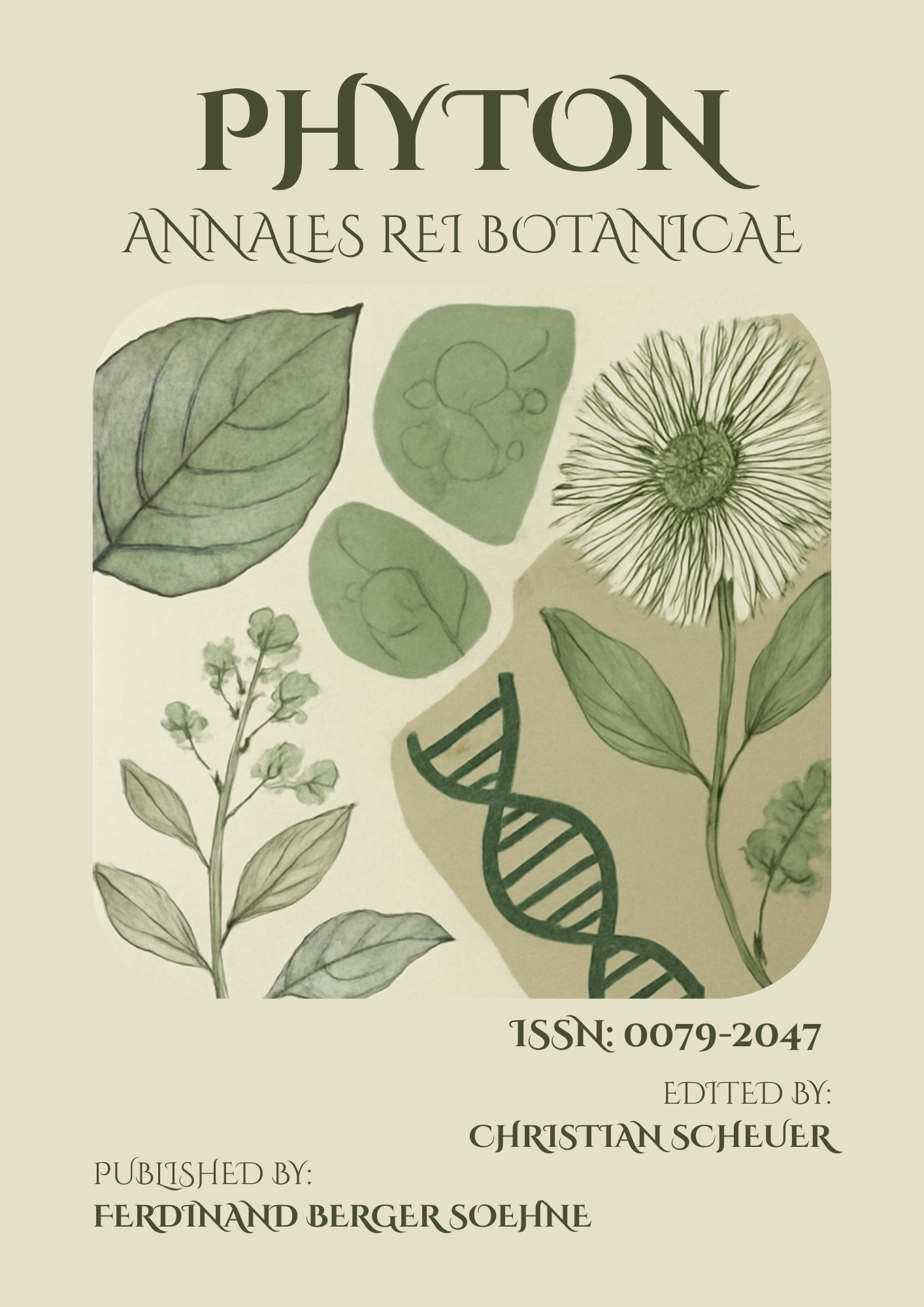Plant Genomic Adaptations to Climate Change
Keywords:
genomic-assisted breeding, global agriculture and biodiversity, single-nucleotide polymorphisms (SNPs)Abstract
Climate change has emerged as one of the most critical environmental challenges impacting global agriculture and biodiversity. Rising temperatures, unpredictable rainfall, and increasing soil salinity are altering plant distribution, physiology, and productivity. Plants, being sessile organisms, rely heavily on genomic plasticity to adapt to such stressors. This paper examines how genomic adaptations—ranging from single-nucleotide polymorphisms (SNPs) to large-scale structural variations—enable plants to tolerate abiotic stress caused by climate change. By integrating studies on comparative genomics, transcriptomics, and genome-wide association analyses (GWAS), the research identifies key adaptive traits and genetic mechanisms that enhance resilience in major crops and wild plant species. The findings emphasize the potential of genomic-assisted breeding and gene editing to develop climate-resilient crops for sustainable agriculture.
Downloads
Published
How to Cite
Issue
Section
License
Copyright (c) 2025 PHYTON-ANNALES REI BOTANICAE

This work is licensed under a Creative Commons Attribution-NonCommercial-ShareAlike 4.0 International License.
This article is published under the terms of the Creative Commons Attribution-NonCommercial-ShareAlike 4.0 International License (CC BY-NC-SA 4.0). Readers may share and adapt the material for non-commercial purposes, provided appropriate credit is given and adaptations are shared under the same license.


